For years, gamers and the crypto industry have been on opposite sides. Gamers have shown a clear dislike for NFTs, blockchain games, and anything remotely tied to crypto. But a new partnership between Coinbase and Riot Games could signal a change.
Last week, Coinbase—the popular U.S. crypto exchange—announced a partnership with Riot Games. Riot is the company behind huge titles like League of Legends (LoL) and VALORANT, which have over 160 million registered users combined. LoL alone has around 46 million active monthly players.
This partnership surprised many people. The gaming community has long pushed back against crypto. They’ve been vocal, passionate, and at times, downright hostile. But why is there so much tension?
Why Gamers Dislike Crypto
There’s no single reason. Here are the most common complaints:
Reason | Details |
GPU price hikes | Gamers blamed crypto miners for driving up prices of graphics cards. |
Gambling mechanics | Some believe crypto encourages speculative behavior. |
Forced monetization | NFTs were seen as another way to charge players for digital content. |
Ironically, many popular games already have features that resemble gambling. For example, card packs in EAFC Ultimate Team or weapon skins in CSGO. These mechanics cost real money but offer random rewards, much like loot boxes or NFT mints.
Past Attempts Ended Badly
In the past few years, several gaming giants tried entering the crypto space. Most failed due to backlash from their communities.
Here are a few examples:
Company | What Happened |
Steam | Banned all blockchain games in October 2021. |
Unity | Removed support for blockchain tools in 2022. |
Blocked NFT integrations in the same year. |
Gamers celebrated these moves. Many felt these companies were protecting the gaming space from crypto “intrusion.”
The Real Problem: Broken Promises
Pasteur Tran, founder of OhBaby Games, gave some insight in an interview. He believes the issue is deeper than just hate. It’s about disappointment.
“Many NFT projects promised a lot and failed to deliver,” he said.
Some projects hyped up massive gaming experiences, but delivered very little. Others vanished after raising millions. Gamers noticed and lost trust.
Another reason, according to Tran, is fear of the unknown. Crypto and blockchain can be hard to understand. Most gamers don’t want to deal with wallets, gas fees, or complex platforms.
The Hypocrisy: Gamers Love Digital Assets
At the same time, gamers love digital items. Look at the CSGO skin market, which recently reached a $5 billion valuation. Some items now sell for over $100,000.
These trades happen off-chain, but still mimic what blockchain can offer: ownership, rarity, and resale value.
Meanwhile, blockchain-based games like Otherside had massive early success but failed to keep value. At launch, one Otherside Plot NFT sold for 625 ETH (around $1.5 million). Today, the floor price has dropped to 0.24 ETH, or about $550.
New Models: Off-Chain, Crypto-Inspired
OhBaby Games is a newer example. Their approach is different. They use off-chain marketplaces and avoid the complexity of wallets. Players can use fiat money and trade assets like pets or characters, some selling for up to $2,500.
The studio’s games are fun and easy to access. They resemble Mario Kart or card battlers and have a community-driven vibe. They also raised $6 million in 2023 from firms like E-Girl Capital and Santiago Santos.
OhBaby’s assets are inspired by crypto influencers, like Cobie and Smolting. But none of it is shoved down players’ throats.
Tran believes traditional studios are watching from the sidelines. They’re waiting to see which crypto-native games succeed before jumping in.
What Crypto Gaming Needs
If blockchain games want to succeed, the answer is simple: make good games. Fun must come first. Utility and ownership should support gameplay, not replace it.
Strong communities, engaging mechanics, and clear value will win over players. Not hype. Not buzzwords.
The Coinbase x Riot partnership might be the first step toward rebuilding trust. It’s not about forcing NFTs into games. It’s about finding a balance—one that respects players and makes use of blockchain in smart, subtle ways.
The road is long, but the door might be opening.
Remember, investing in cryptocurrencies involves risks, and it’s important to conduct thorough research and seek professional advice before making any financial decisions. (Please keep in mind that this post is solely for informative purposes and should not be construed as financial or investment advice.)

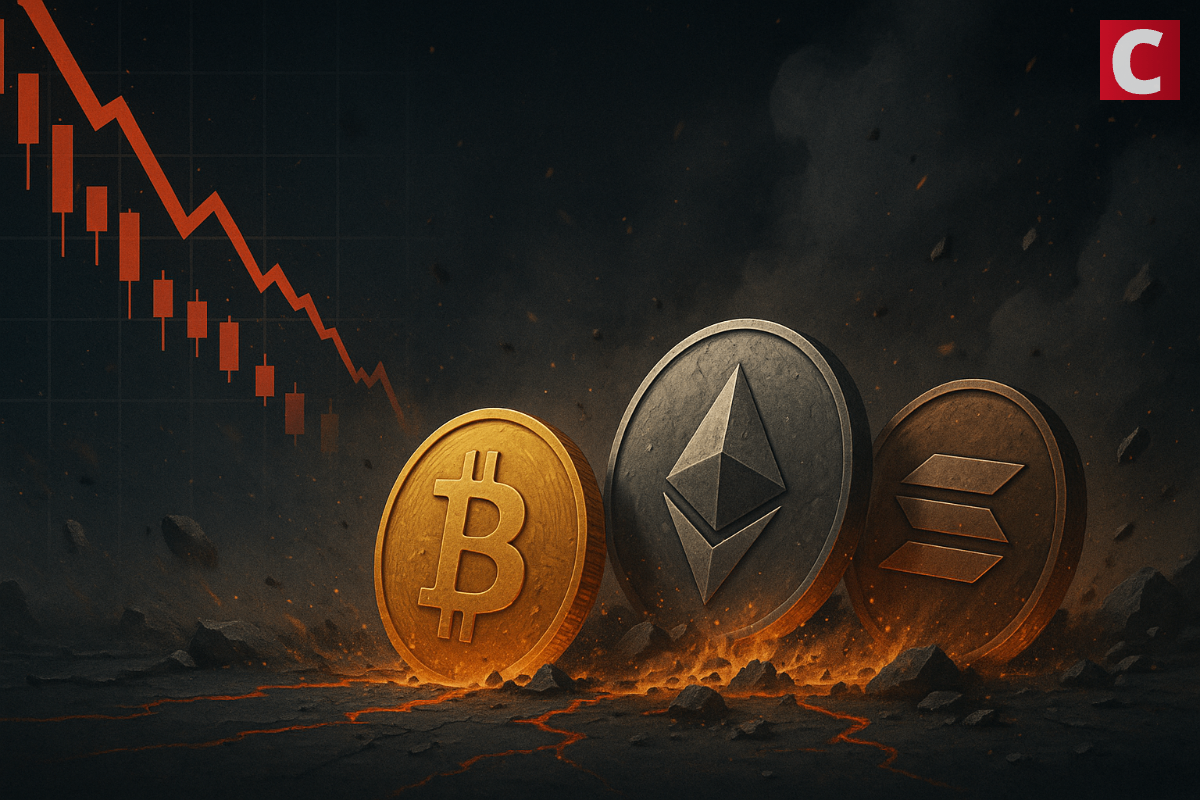
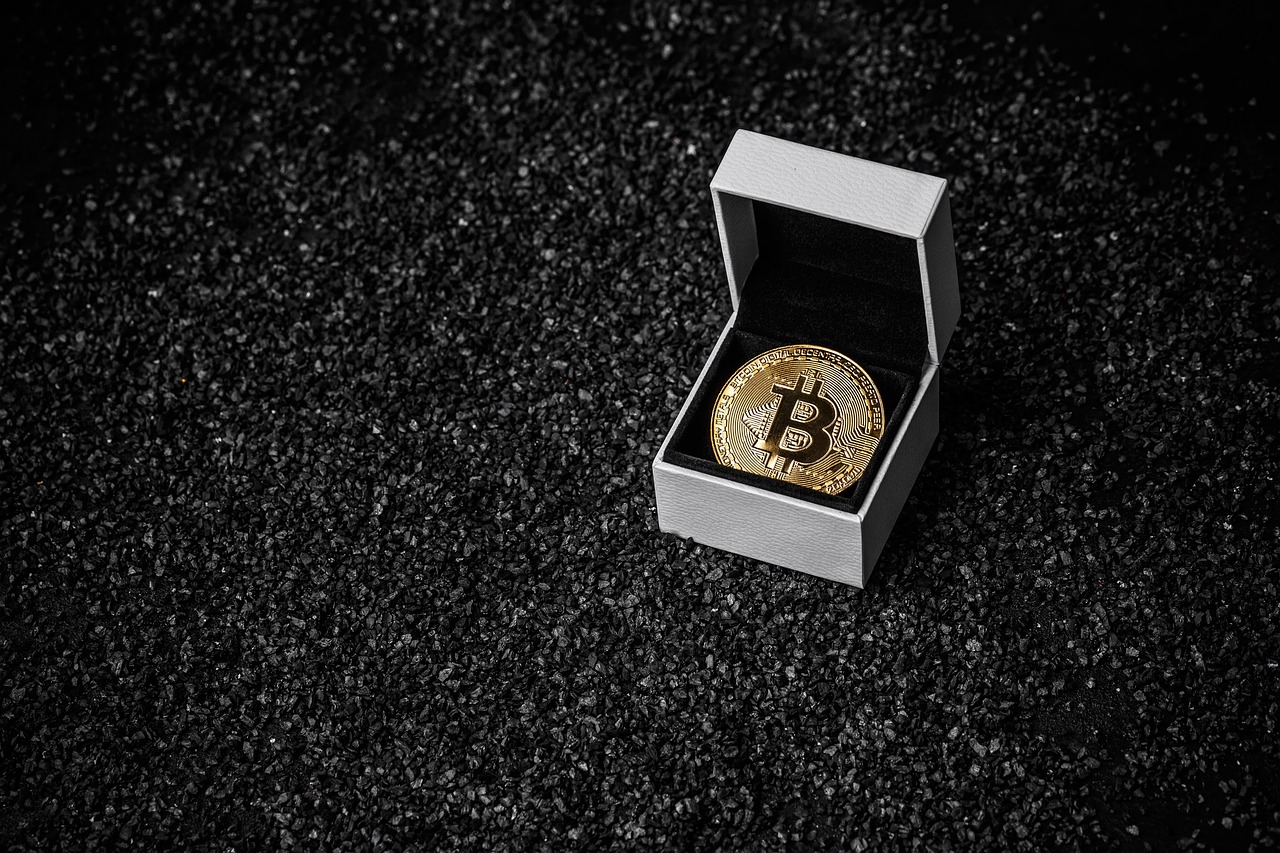

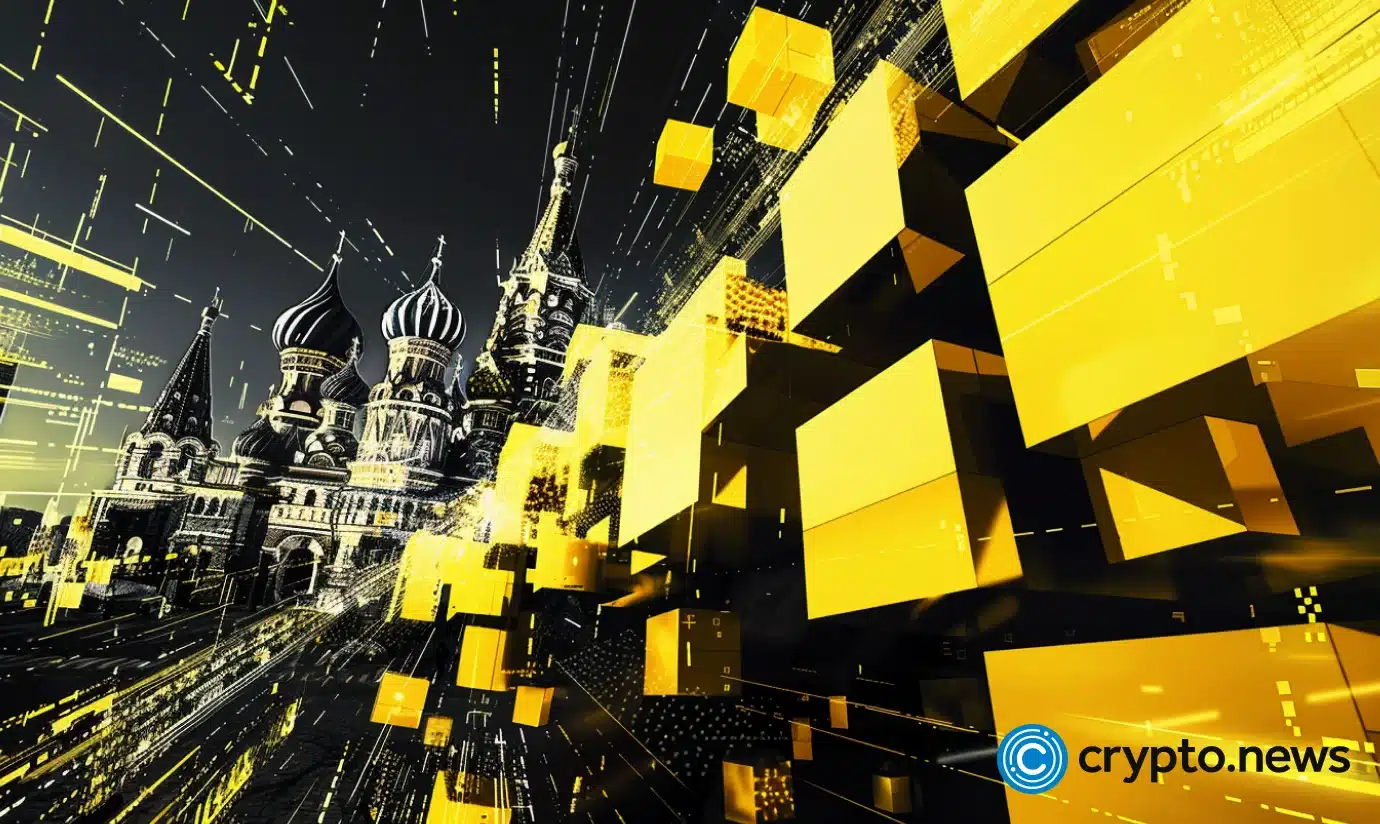

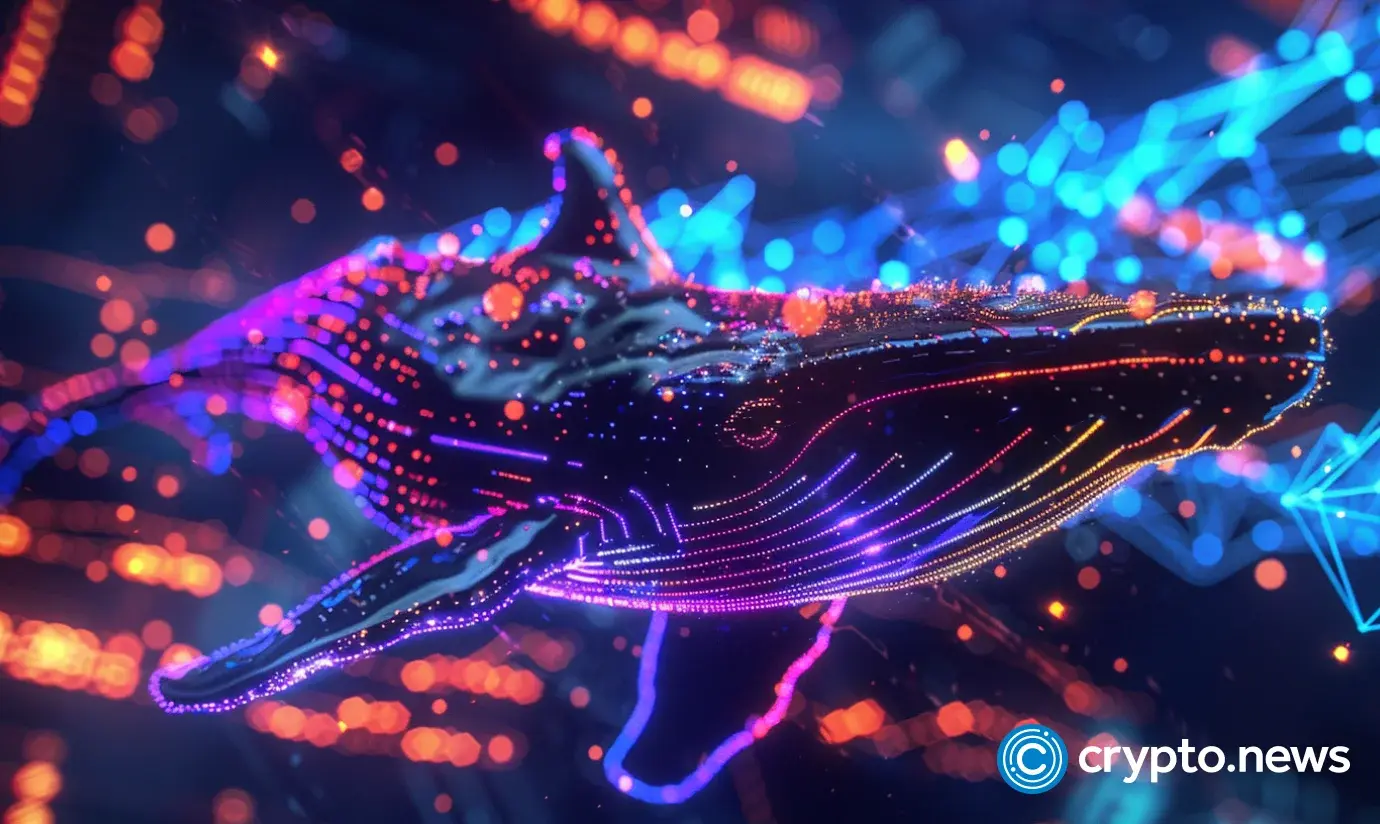
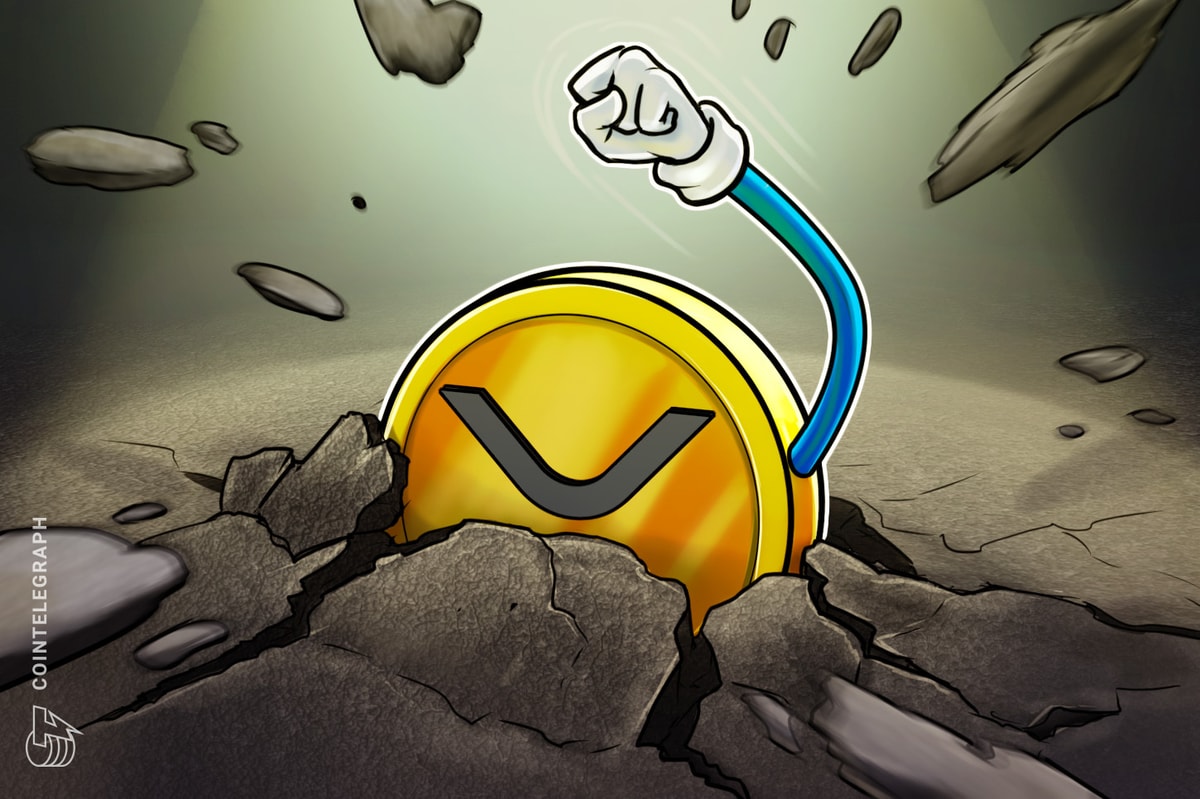
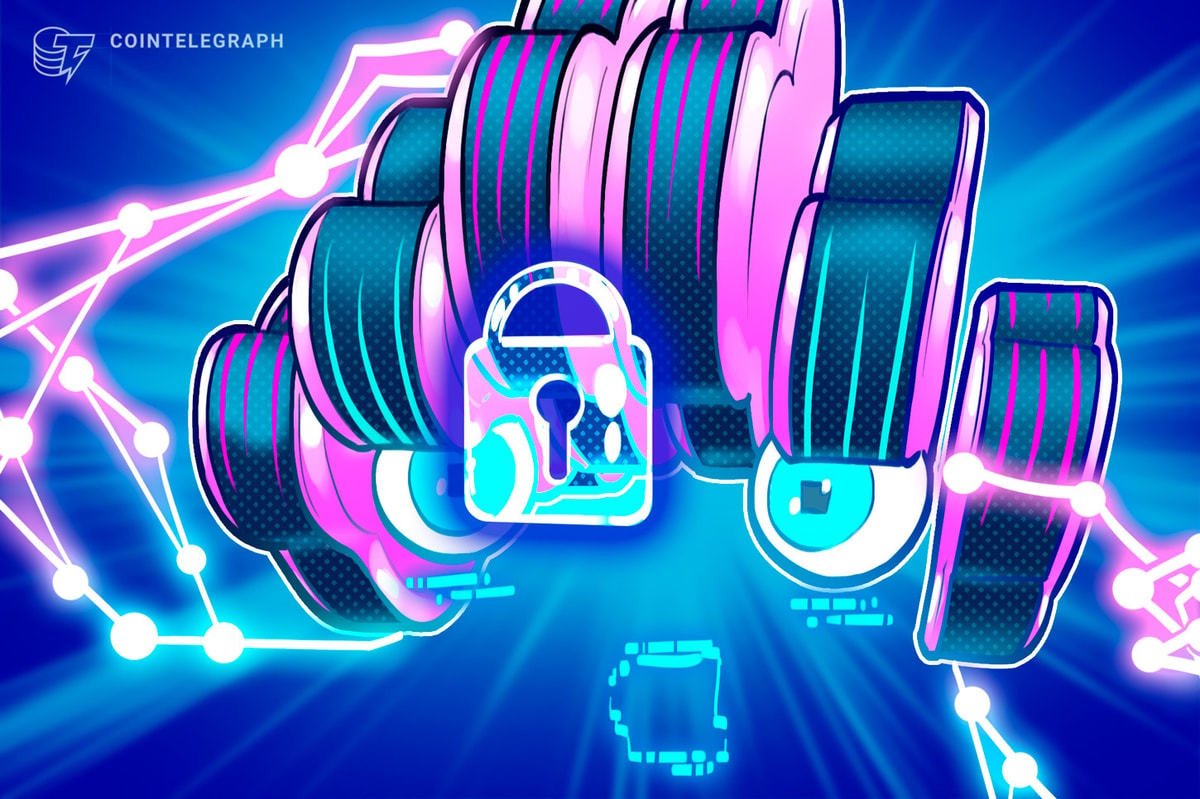


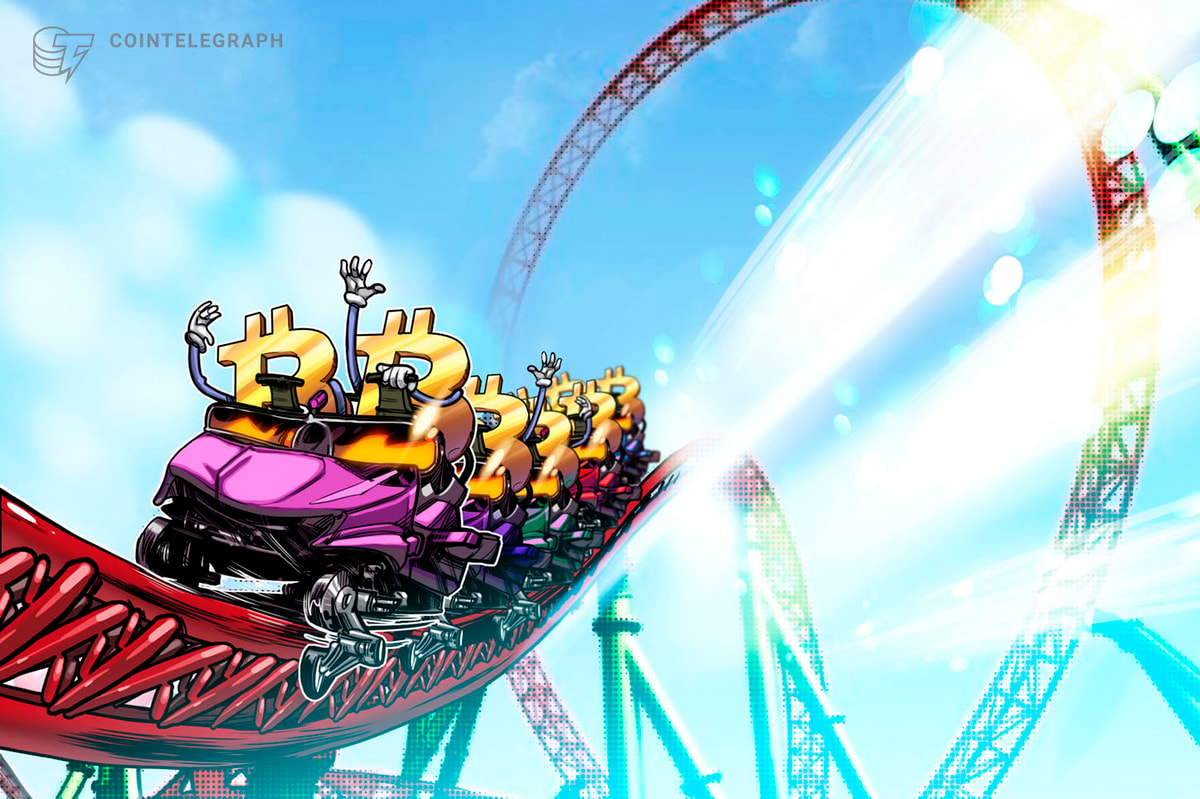
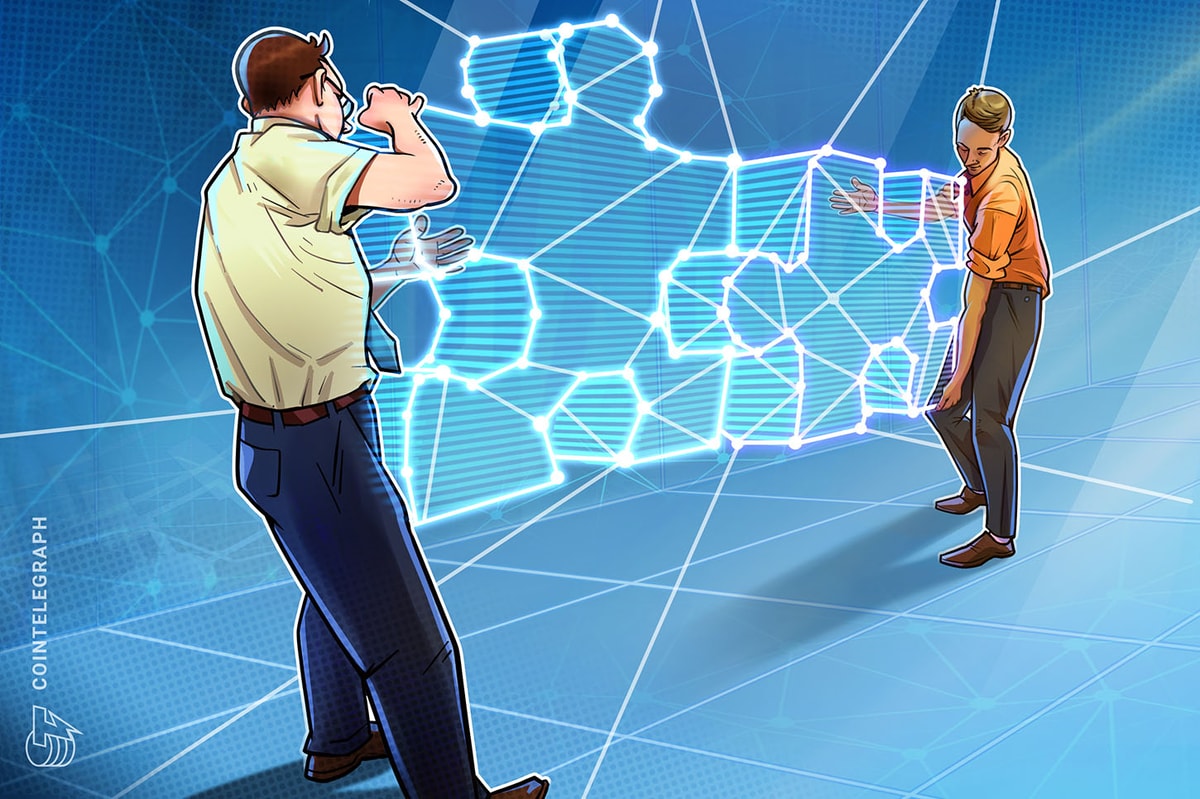
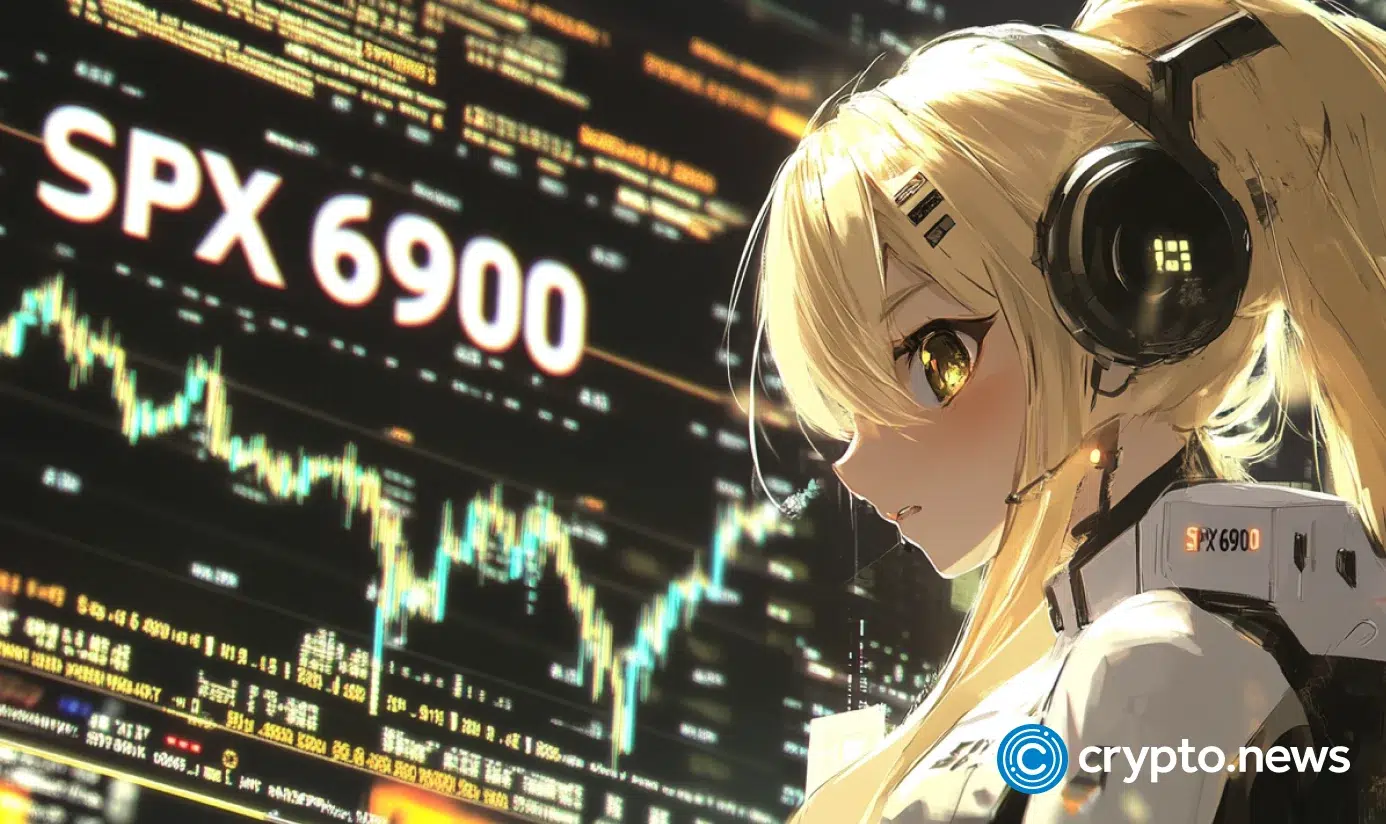
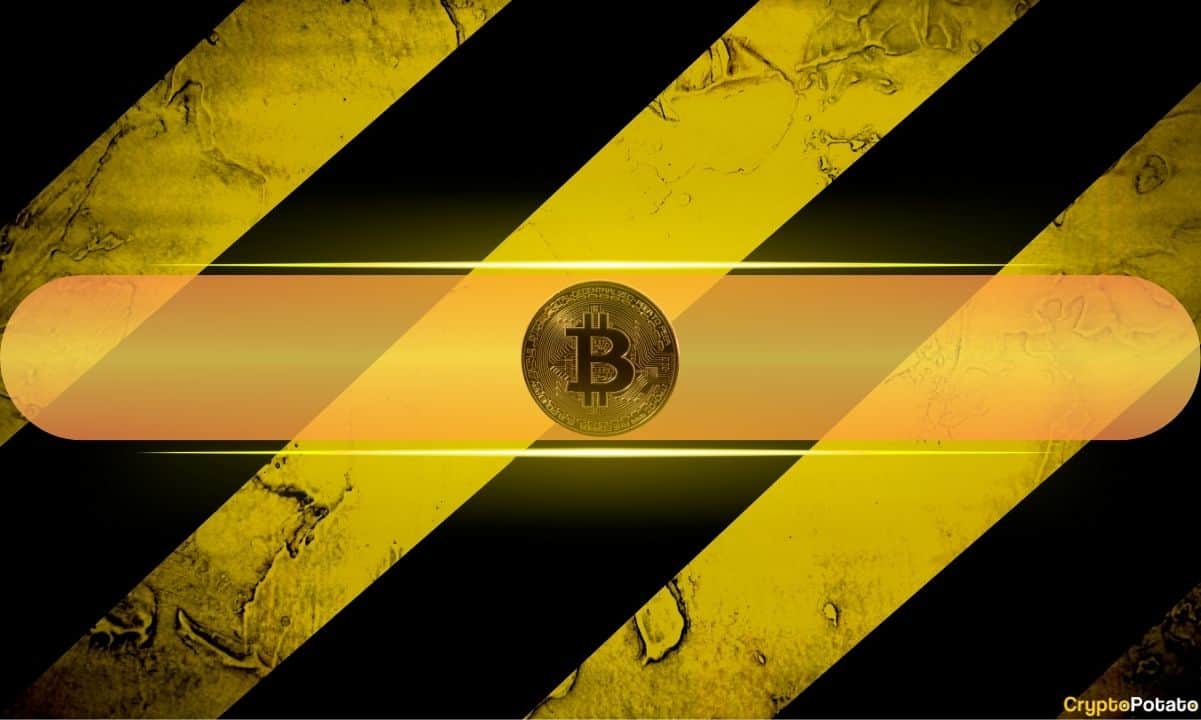

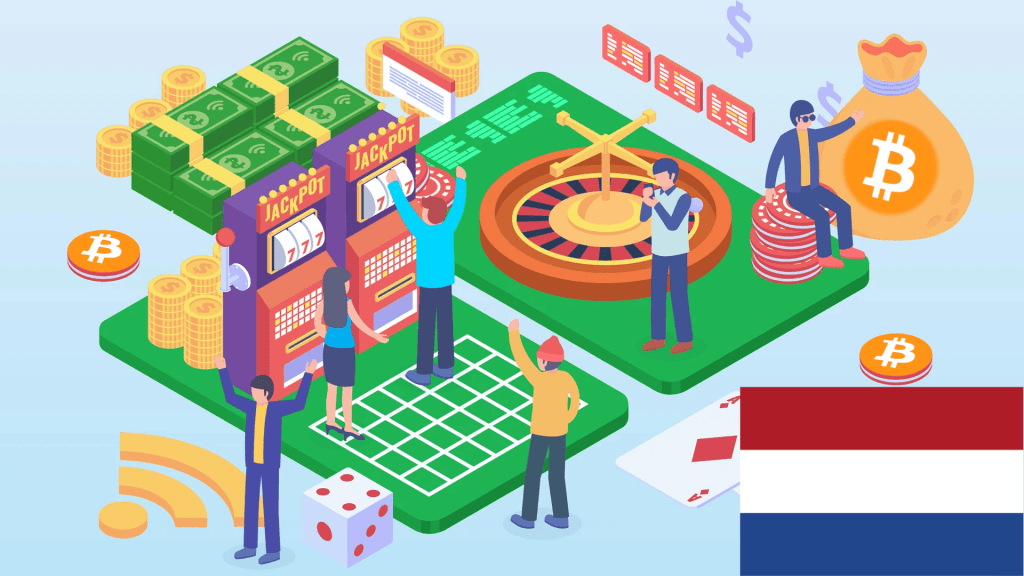
 English (US) ·
English (US) ·